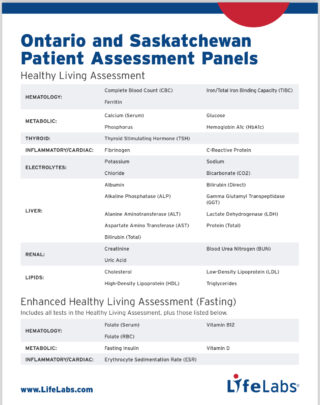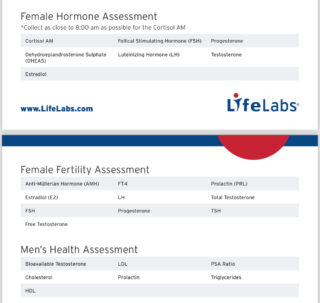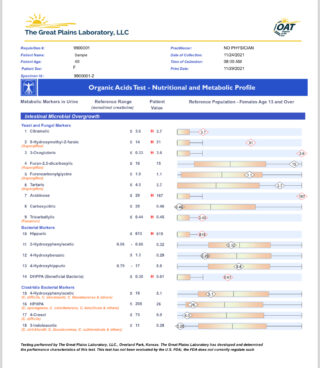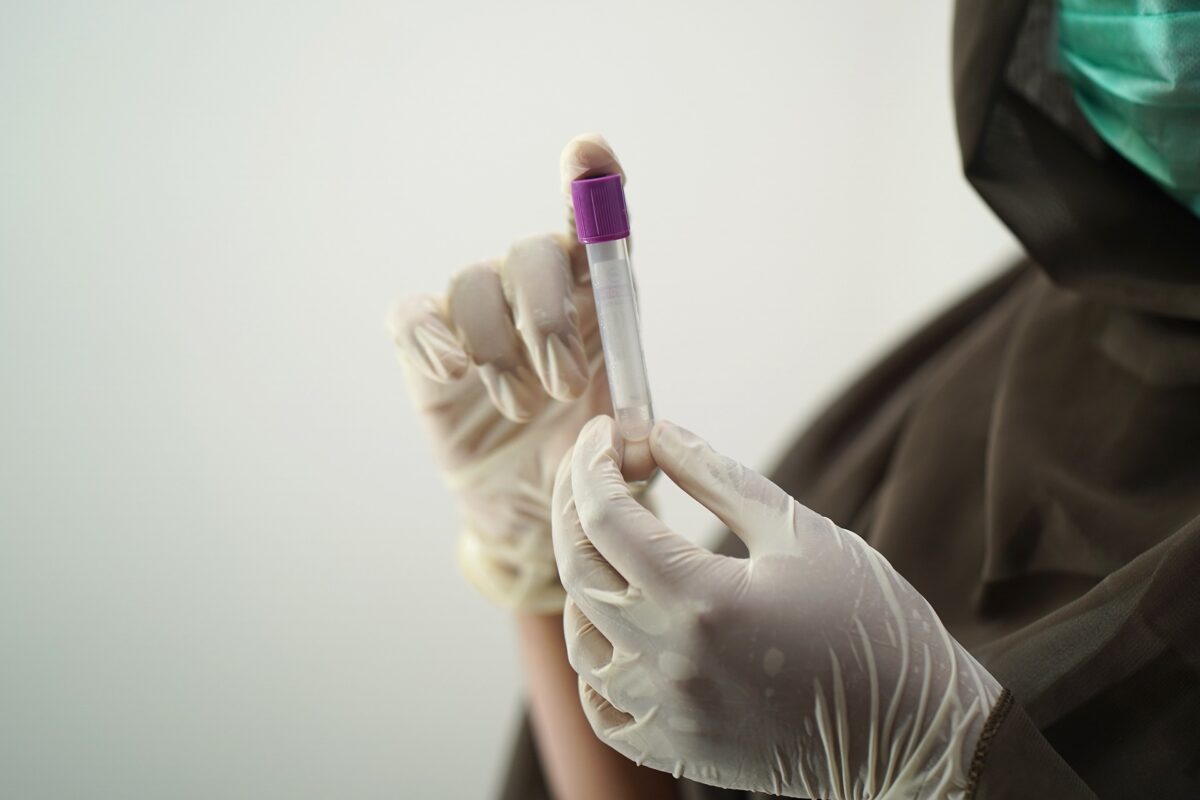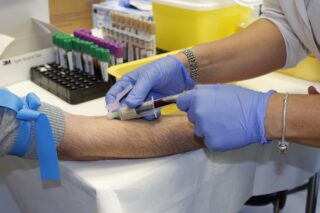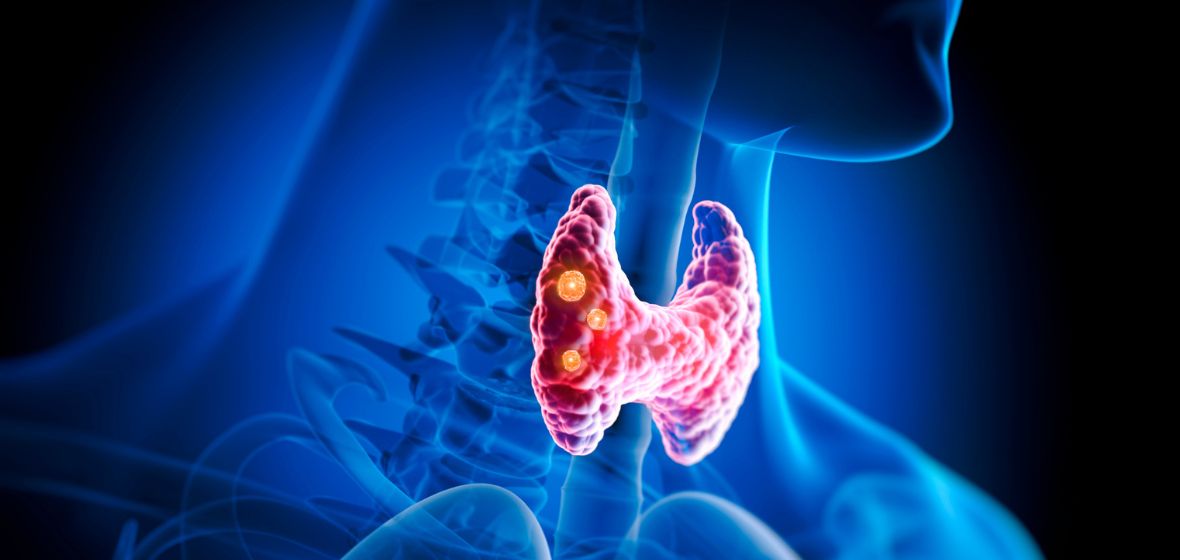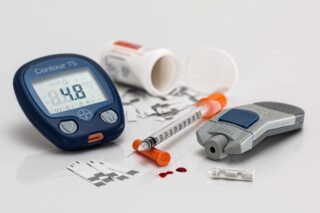Men today face many challenges when it comes to their health. From stress and pollution to poor diets and sedentary lifestyles, many factors can contribute to a decline in overall health and well-being. One area where men can be proactive is in optimizing virility and longevity. Naturopathic medicine offers many solutions that can help men achieve optimal health in these areas. In this blog post, we’ll explore some of the best ways to optimize virility and longevity using naturopathic medicine.

The Power of Diet and Exercise
Regular exercise and a balanced diet can play an imperative role in maintaining men’s health and well-being. The current health statistics for men reveal some alarming figures, highlighting the urgent need for a healthier lifestyle.
According to the Centers for Disease Control and Prevention (CDC), 13.8% of men aged 18 and over were in fair or poor health as of 2022. Moreover, 350,000 men lose their lives to cardiovascular disease each year, and men are 1.5 times more likely to die of heart disease, cancer, and respiratory disease.
The Impact of Diet
A healthy diet is a cornerstone of good health. In particular, the Mediterranean diet and intermittent fasting have shown promising results in improving men’s health.
The Mediterranean diet, rich in fruits, vegetables, whole grains, legumes, nuts, and lean proteins, has been linked to lower levels of heart disease, certain cancers, diabetes, and cognitive decline. Intermittent fasting, a pattern of eating that includes periods of eating and fasting, has been associated with weight loss, improved markers of health, and longevity.
Implementing these diets in everyday life might seem challenging at first, but with careful planning and commitment, it can become second nature. Start small, make gradual changes, and be consistent.
The Power of Exercise
Physical activity is equally important for men’s health. Regular exercise helps control weight, reduces the risk of heart diseases, manages blood sugar and insulin levels, improves mental health, and strengthens bones and muscles.
Men should aim for at least 180 minutes of moderate-intensity (Zone 2) or 75 minutes of vigorous-intensity (Zone 3-4) aerobic activity per week, along with strength training exercises on two or more days a week. Incorporating cardiovascular workouts, strength training, and flexibility exercises can provide comprehensive fitness benefits.
The Synergy of Diet and Exercise
Diet and exercise are not mutually exclusive; they work best when combined. Regular exercise can help you maintain a healthy weight, which is crucial for overall health. At the same time, a balanced diet provides the nutrients your body needs to perform physical activity.
The importance of diet and exercise cannot be overstated for improving men’s overall health and well-being. By adopting healthier eating habits and incorporating regular physical activity into daily routines, men can significantly improve their health statistics. It’s never too late to start making healthier choices!

The Role of Hormones
As a naturopathic doctor, I’ve observed that maintaining hormonal balance is a cornerstone of men’s health, vitality, and longevity. Hormones like testosterone, estrogen, DHEA, and many others play a pivotal role in regulating various aspects of male health, including sexual function, energy levels, muscle mass, and bone density. However, imbalances in these hormones can lead to a plethora of health issues. Let’s delve deeper into understanding these imbalances and how we can naturally enhance virility and longevity.
Common Hormonal Imbalances in Men
Hormonal imbalances are not uncommon in men and can result in symptoms such as fatigue, erectile dysfunction, loss of muscle mass, and decreased bone density.
Testosterone, the primary male sex hormone, is vital for libido, muscle mass, and bone density. A decline in testosterone levels can lead to fatigue, reduced sexual desire, and erectile dysfunction.
Estrogen, although known as a female hormone, also plays a crucial role in men’s health. Excessive levels of estrogen can lead to weight gain, mood swings, and even contribute to erectile dysfunction.
DHEA is a hormone produced by your adrenal glands and acts as a precursor to sex hormones, including testosterone. A decrease in DHEA levels can lead to fatigue, depression, and a gradual loss of endurance and muscular strength.
Enhancing Hormonal Health Naturally
To maintain optimal hormonal health, a balanced diet, regular exercise, and smart lifestyle choices are key. Here are some tips to help you on this journey:
Nutrition: Incorporating nutrient-dense foods into your daily regimen can significantly impact your hormonal health. Zinc, magnesium, vitamin D, and Omega-3 fatty acids are particularly beneficial. They support testosterone production, improve sleep (which in turn aids hormone regulation), enhance mood, and boost overall health.
Exercise: Regular physical activity, particularly resistance and high-intensity interval training, can stimulate hormone production and help maintain muscle mass and bone density.
Avoid Harmful Habits: Smoking and excessive alcohol consumption can adversely affect your hormonal balance. It’s best to limit these habits to promote better hormonal health.
Stress Management: Chronic stress can wreak havoc on your hormonal balance. Practices such as meditation, yoga, and deep-breathing exercises can help manage stress levels.

Supplementation
Many natural supplements can help men optimize their health and increase their longevity. Some of the most effective supplements for men include omega-3 fatty acids, vitamin D, zinc, magnesium, creatine, and adaptogens. These supplements can help to support healthy immune function, improve heart health, boost energy levels, and promote healthy hormone balance.
Omega-3 Fatty Acids: Omega-3 fatty acids are essential fats that have been shown to have numerous health benefits. They are particularly beneficial for heart health, reducing inflammation, and even supporting cognitive function. A systematic review published in the British Medical Journal revealed that omega-3 fatty acids could lower mortality rates and risks associated with cardiovascular diseases.
Vitamin D: Often referred to as the “sunshine vitamin,” Vitamin D is crucial for bone health and immune function. It aids in the absorption of calcium, which can help prevent the onset of osteoporosis, a common concern as men age.
Zinc: This mineral is vital for men as it plays a significant role in testosterone production. Adequate zinc levels can help maintain optimal testosterone levels, thereby promoting virility.
Magnesium: Known for its multiple health benefits, magnesium can support healthy sleep patterns, muscle function, and mood – all of which contribute to overall vitality and longevity.
Creatine: Creatine is a well-researched supplement known for its ability to improve strength and lean muscle mass. It can be particularly beneficial for aging men looking to preserve muscle mass.
Adaptogens: Adaptogens are a unique class of healing plants that have been used for centuries to help balance, restore, and protect the body. They can help the body resist physical, chemical, or biological stresses, thereby boosting overall health and well-being.
Stress Management
Stress is a major contributor to poor health, and it can have a negative impact on everything from sleep quality and immune function to hormonal balance and cardiovascular health. Naturopathic medicine offers many solutions for managing stress, including:
Relaxation Techniques: Methods such as deep breathing, meditation, yoga, and progressive muscle relaxation can help reduce stress and promote relaxation.
Acupuncture: This ancient Chinese technique, involving the insertion of very thin needles through the skin at specific points on your body, has been shown to help reduce stress and anxiety.
Infusion Therapy: Infusion therapy, which involves delivering substances directly into the bloodstream, can be used to administer nutrients and vitamins that support the body’s stress response.
Natural Supplements: Certain natural supplements, like ashwagandha and magnesium, have been shown to help manage stress. Ashwagandha, an adaptogenic herb, can help the body resist stressors and reduce anxiety and depression symptoms. Magnesium plays a role in regulating the body’s stress-response system and is often used as a natural remedy for anxiety.
When it comes to optimizing virility and longevity, men have many options available to them. Naturopathic medicine offers a holistic approach to wellness that can help men achieve optimal health in these areas. By focusing on key areas like diet and exercise, hormone health, supplementation and stress management, men can take control of their health and achieve optimal virility and longevity for years to come. Consult with a trained naturopathic doctor to learn more about the best ways to optimize your health naturally.




